 KARACHI, May 25: President Pervez Musharraf on Friday described the media as the country’s first line of defence and assured of unhindered support for the freedom of expression, but at the same time warned against the growing trend of sensationalisation, and said that repeated projection of gory incidents and violence on television was brutalising society.
KARACHI, May 25: President Pervez Musharraf on Friday described the media as the country’s first line of defence and assured of unhindered support for the freedom of expression, but at the same time warned against the growing trend of sensationalisation, and said that repeated projection of gory incidents and violence on television was brutalising society.
He was speaking at a ceremony to launch the test transmission of DawnNews television.
While praising the launching of the country’s first 24-hour English language news channel, President Musharraf described it as a unique event. But at the same time he did not hesitate in taking full credit for the mushrooming of private television channels, saying that whatever freedom there was in the country it was only because of him. “I alone had insisted that we must give them freedom so that the media could hold everyone accountable,” he said while recalling the early years in power when he had framed the media policy.
Gen Musharraf rejected the long-stated view of the journalist fraternity that the freedom of press in the country was the result of their campaign and persistent demand and said he was not aware of any such demand when he decided to ‘give this freedom’.
It was quite apparent that the president had come to the launching ceremony to not just praise the media, or take credit for his policy, but also to speak his mind about the prevailing trends in newspapers and television channels. And although he repeatedly assured the select audience, and the country at large, that such level of independence would continue, President Musharraf’s insistence was that such freedom should come with a certain level of responsibility.
He gave examples from the television coverage of the war in Iraq, and said while western media never showed bodies of their own soldiers, they had no hesitation in showing the images of the bodies of Saddam Hussain and his sons.
The other example he gave was of the recent killings in one of the schools in the United States by a gunman, and said the American television networks made a conscious decision not to show the dead bodies.
While presenting his argument, President Musharraf raised the issue of what he described as the trend of repeatedly showing gory images, blood and killings. He said such images were telecast round the clock as if they were from an India-Pakistan cricket match.
Similarly, he said the way religious extremism was glorified by showing militants in Waziristan, or the clerics of Lal Masjid, and the manner in which their views were aired, amounted to ‘brutalisation of society’.
Indirectly holding the media partly responsible for the state of affairs in the country, President Musharraf said it was creating unnecessary alarm amongst overseas Pakistani and other potential investors. He was of the view that if the media failed to demonstrate what he called a certain level of responsibility in the projection of Pakistan, then it may have a negative impact on the economic and social progress of the country.
He then went on to present a long list of development activities and his government’s achievements in the fields of economy, education, telecommunication, and even human rights. He said there were thousands of such projects that he was in a position to highlight, but according to him, the media had little time to report on such matters. In his words, the media was only interested in projecting negative events.
President Musharraf said like in many other countries, in Pakistan too the media need to consider what was in the nation’s interest. He said while it was equally important to present, what he described as negative stories, President Musharraf said in order to raise the morale of the people, the media must also highlight ‘positive events’.
Touching on the present state of affairs, President Musharraf said the feedback he was getting through interaction, and not merely from the intelligence agencies, was that the majority was pleased with his policies.
He described the demonstrations held in support of the chief justice as politically motivated events by a few, and claimed that the bulk of the population in the country was with him. He even gave the example of the turnout in some of the rallies he had recently addressed, and said although buses for bringing the people had to be hired, “more than 90 per cent people attended these public meetings on their own as they wanted to listen to what I had to say”.
He said one of the biggest challenges faced by the country was the scourge of extremism and terrorism. He was of the view that if the media made a conscious effort to support the government on this issue, it may become extremely easy to tackle this problem.
Earlier, in his welcome address Hameed Haroon, chief executive of the Dawn group of newspapers, presented the history and traditions followed by Dawn since its first publication 60 years ago by Quaid-i-Azam Mohammed Ali Jinnah.
Mr Haroon said although DawnNews was being run by a new and much younger team, its philosophy was not going to any different from that of Dawn newspaper.
Agencies add: The president said he was a firm believer that ‘a free and vibrant media’ was good for the country.
“Media is the fourth pillar of the state. I see it as the first line of defence and an essential ingredient of democracy, but it has to be responsible,” he observed.
“I expect a balanced and true picture that can provide confidence to Pakistanis living abroad and here I believe media can contribute tremendously towards fighting extremism and terrorism,” the president said.
He felt a ‘negative projection’ of the country might affect the economy by scaring investors away.“We need to develop national cohesion, underplay what can lower the nation’s morale and encourage what can raise it.”
















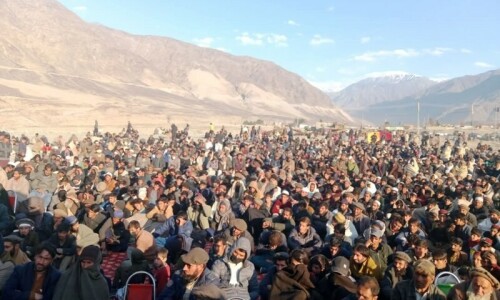
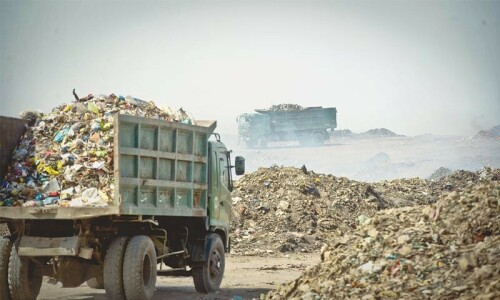
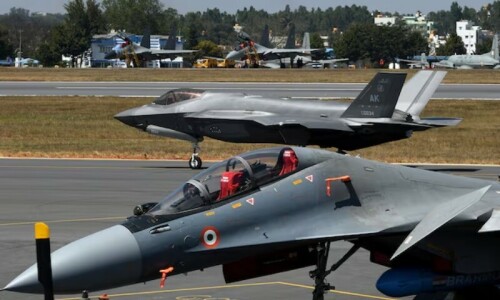
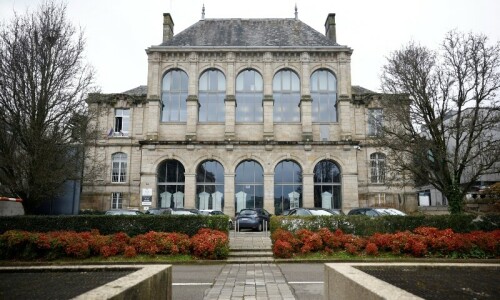
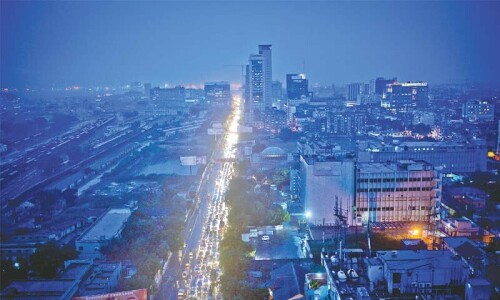


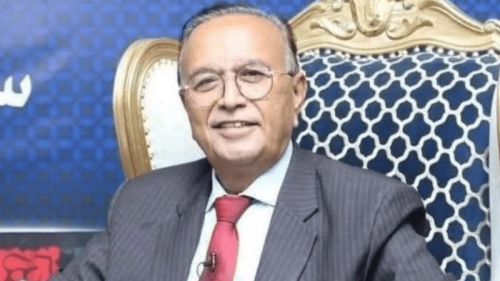
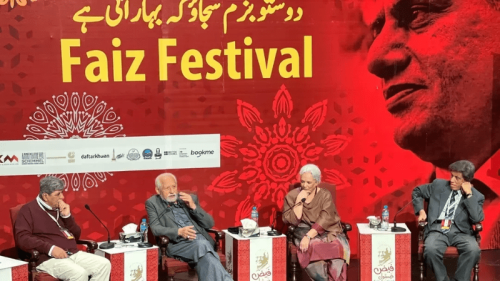
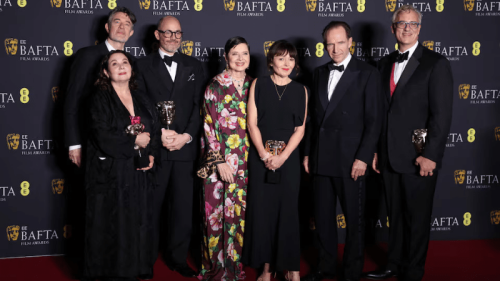












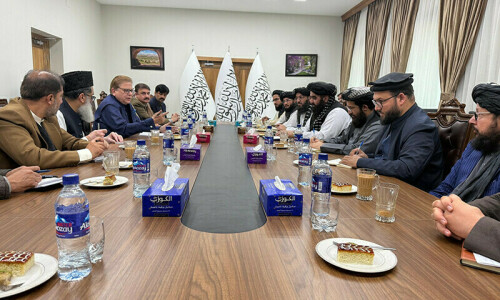



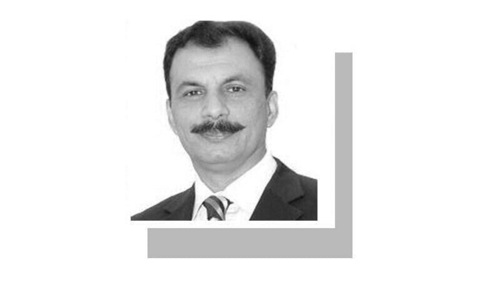






Dear visitor, the comments section is undergoing an overhaul and will return soon.